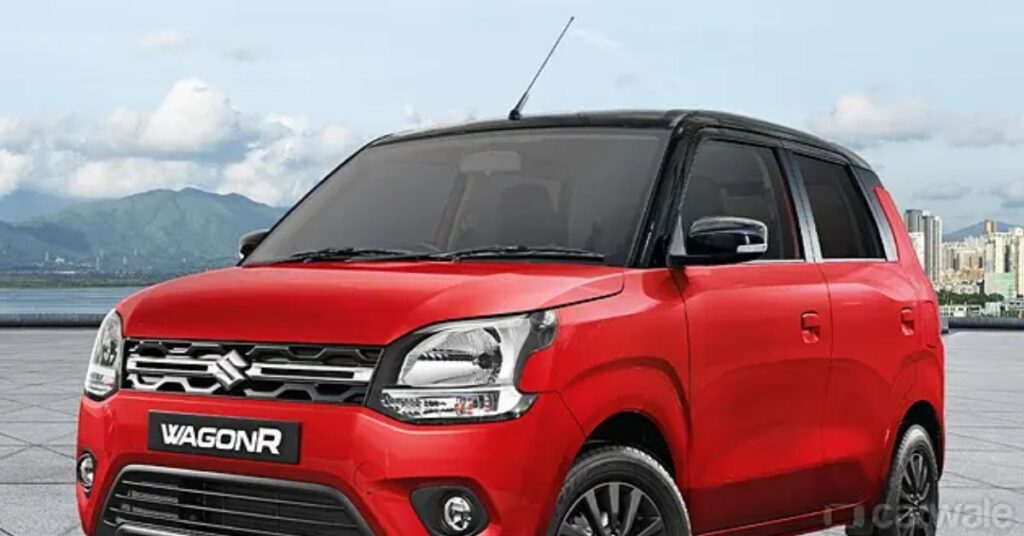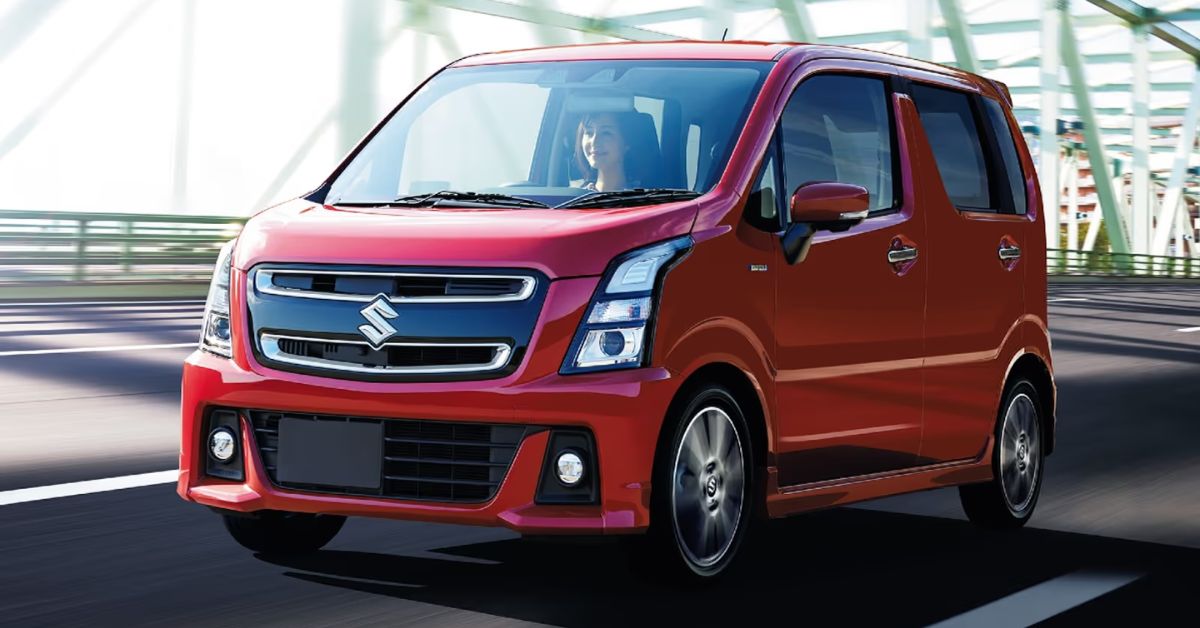The Indian automotive industry is undergoing a significant transformation with a growing emphasis on sustainability and fuel efficiency. Amid this shift, Maruti Suzuki is poised to launch the WagonR Hybrid, a compact hatchback that combines practicality with modern hybrid technology. With an expected mileage of 30+ km/l and a starting price near ₹7 lakh, the Maruti WagonR Hybrid could become one of the most fuel-efficient and affordable hybrid cars in India.
Hybrid Technology: A Step Toward Greener Mobility
What is a Hybrid Car?
Hybrid vehicles use a combination of an internal combustion engine (ICE) and an electric motor to power the vehicle. Unlike fully electric vehicles (EVs), hybrids do not rely solely on batteries and can function efficiently without external charging. This makes them suitable for consumers transitioning from conventional petrol or diesel cars.
Maruti WagonR Hybrid System
According to reports, the upcoming WagonR Hybrid is likely to feature a 660cc, 3-cylinder petrol engine paired with an electric motor. Together, this combination is expected to produce a combined output of approximately 64 PS (Petrol: 54 PS, Electric: 10 PS). The mild-hybrid setup aims to optimize fuel consumption, especially during city driving and frequent stop-and-go traffic (source).
Exceptional Mileage: Over 30 km/l Expected
One of the biggest advantages of the Maruti WagonR Hybrid is its exceptional fuel economy. Initial estimates suggest a real-world mileage of over 30 km/l, with potential to reach 35–40 km/l under ideal conditions. This makes it a suitable option for budget-conscious buyers looking to reduce fuel expenses without compromising on daily usability.
In comparison:
- The regular petrol WagonR delivers around 23–25 km/l (ARAI certified).
- Most hybrid competitors in India are priced significantly higher and offer similar or slightly better fuel efficiency.

Competitive Pricing: Hybrid Within Reach
Expected Price Range
Maruti Suzuki is known for its affordable and mass-market vehicles. The WagonR Hybrid is expected to carry a price tag between ₹6.5 lakh and ₹8 lakh (ex-showroom). This makes it one of the most budget-friendly hybrid cars in the country, effectively lowering the entry barrier for customers interested in eco-friendly vehicles.
Cost Comparison with Other Hybrid Cars in India
| Model | Starting Price (₹) | Mileage (Approx.) |
|---|---|---|
| Maruti WagonR Hybrid | 7 lakh (Expected) | 30–35 km/l |
| Toyota Urban Cruiser Hyryder | 11.14 lakh | 27.97 km/l |
| Honda City e:HEV | 18.89 lakh | 27.13 km/l |
The WagonR Hybrid offers best-in-class mileage at a price point significantly lower than most hybrid vehicles currently available in India.
Practical Design and Features
Retaining the Original’s Strengths
The Maruti WagonR is widely popular due to its tall-boy design, spacious interiors, and practicality. The hybrid version is expected to retain the same overall structure while introducing key upgrades to improve user experience and appeal.
Likely Interior and Technology Enhancements
- 9-inch touchscreen infotainment system
- Wireless Apple CarPlay and Android Auto
- Redesigned dashboard and instrument cluster
- Enhanced cabin insulation and materials
- Potential inclusion of sliding rear doors for better urban mobility
Such features make the vehicle well-suited for city commutes as well as small families looking for value-packed options.
Environmental Benefits of the WagonR Hybrid
Lower Emissions
Hybrid vehicles emit fewer greenhouse gases compared to traditional petrol or diesel cars. By combining electric assistance with internal combustion, hybrids reduce fuel burn during idling and slow-speed driving—common in congested Indian cities.
Improved Fuel Economy
Reduced fuel consumption not only saves money but also lowers the nation’s dependence on fossil fuels. The Maruti WagonR Hybrid contributes toward India’s goal of reducing carbon emissions and promoting green technology.
Challenges: GST and Policy Roadblocks
Despite its environmental and financial benefits, hybrid vehicles in India face regulatory challenges. According to current GST norms:
- Hybrid cars are taxed at 28% + cess, totaling around 43%
- Electric vehicles are taxed at just 5%
Additionally, hybrids are not eligible for FAME-II subsidies, which are reserved for battery electric vehicles. These policy gaps make hybrid cars less appealing from a cost perspective, even though they contribute positively to sustainability.
Automotive experts and industry bodies have recommended that the Indian government revise these tax structures to support hybrids as a bridge between ICE and EVs.
Market Expectations and Launch Timeline
When Will It Launch?
Maruti Suzuki has not officially confirmed the launch date. However, media reports suggest that the WagonR Hybrid could debut in late 2025 or early 2026, depending on regulatory clearances and infrastructure readiness.
Who Should Consider Buying the WagonR Hybrid?
This vehicle is ideal for:
- Urban commuters seeking high mileage
- First-time car buyers looking for low running costs
- Environmentally-conscious consumers not ready to switch to EVs
- Families seeking a reliable and affordable second car
Conclusion
The Maruti WagonR Hybrid is set to transform India’s affordable car market by making hybrid technology accessible to a broader audience. With its impressive mileage, practical design, and affordable pricing, it offers an excellent alternative to both conventional petrol vehicles and higher-end hybrids.
While policy-level changes are needed to fully support hybrids in India, the WagonR Hybrid stands as a strong contender for consumers prioritizing fuel economy, low emissions, and everyday convenience.
